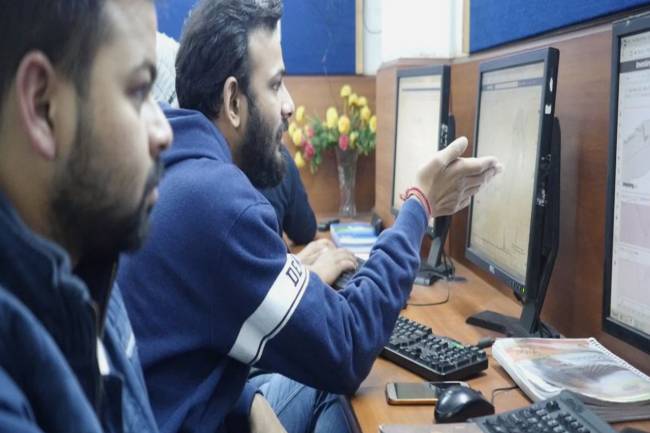
Essential Accounting Technical Skills
Business savvy
To effectively do this job, an accountant must have a working knowledge of the fundamental operations of a company. Outsourced Accounting professional’s everyday work with financial data benefits from having a strong business background.
Computer literate
To function successfully, professionals in this industry must be able to use cutting-edge accounting software and other computer-based tools.
Analysis of data
A significant portion of accounting involves gathering and evaluating financial data, which is crucial for spotting trends and possible problems. Using data analytics in the accounting area is a new trend that is projected to become more prevalent over time.
Mathematics
It's a frequent misperception that becoming an accountant requires strong math skills. The ability to evaluate, compare, and understand data and statistics requires arithmetic skills, yet being an accountant normally doesn't require highly developed mathematical abilities.
Creating Financial Statements
Financial statements are intended to shed light on the company's financial situation at a specified point in time over a given period. This might aid in gaining a general idea of the company's situation. Information from the previous financial statement will be utilized to produce the current one.
A company's financial statement can be produced at any moment for a chosen period. Each business has a unique accounting cycle; some even do it every month. These must be completed by the end of the tax year, though.
Financial Transaction Journaling
In accounting, journalizing is the practice of documenting every transaction that takes place. This entails recording them in a chronological journal. The date, the account number, and a brief description of the transaction would all be recorded in this journal.
The seven most typical forms of accounting journals are general journals, cash receipts journals, purchase return journals, disbursement journals, and sales and purchase journals. Moreover, single-entry and double-entry accounting are options. There are three steps to keeping a journal:
- Examining each transaction in the company
- Identifying the accounts that will be impacted
- Preparation of the journal entry
Accountant roles, responsibilities, and duties today and in the next ten years
These are three trends that will impact the accounting industry in the next decade. To keep their knowledge current and maintain a competitive edge at work, aspiring and practicing accounting professionals should be informed about these advances.
- Accounting Automation
Automated accounting programs like QuickBooks and other well-known programs are gaining ground in the sector. In fact, according to a recent survey, bookkeepers and accountants spend around 86 percent of their time on activities that might be automated. Yet this does not imply that computers will take the role of accountants. Instead, the rising use of technology implies that accountants will devote more time to insightful analysis and less time to manual chores like data input.
Accounting automation can help accountants improve productivity by streamlining their procedures. With the help of this cutting-edge technology, employment processes like payroll, audits, and tax preparation may be automated to save time and money.
- Openness and Security
The rising bar for accounting transparency and the increased emphasis on data security are two of the most significant changes in the accounting industry. It has been critical to rebuilding confidence and credibility in the profession in the aftermath of accounting scandals and increased scrutiny following the 2008 financial crisis. As a result, the financial reporting process has been affected by an industry-wide drive for open reporting.
The public's expectations of factual reporting have been increased by this endeavor to go beyond straightforward honesty. To provide a thorough picture of their present situation and lessen market uncertainty, corporations are now obliged to publicly disclose their financial accounts.
- Data Analysis
The explosion of data across businesses has led to an increase in the amount of work that accountants and CPAs conduct today that calls for analytical abilities. Data analytics has a wide range of uses in the accounting industry. Analytics is being used, for instance, by auditors to support procedures like continuous monitoring and auditing. Similarly, to this, accountants who serve as advisors for their companies may utilize big data to spot trends in consumer and market behavior that could result in profitable investment possibilities.
To stay on top of industry changes and maintain their competitiveness in the job market, modern accountants need to cultivate an analytical attitude.
Why Velan Bookkeeping?
Velan bookkeeping with its 16 years of experience as an outsourced bookkeeping services provider India, offers Cloud Accounting and Bookkeeping, AR/AP, Payroll, and Controller services for various industry verticals. We cater to all types of clients, right from small businesses, CPA firms to Fortune 500 companies spread across the USA.











